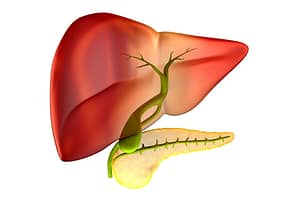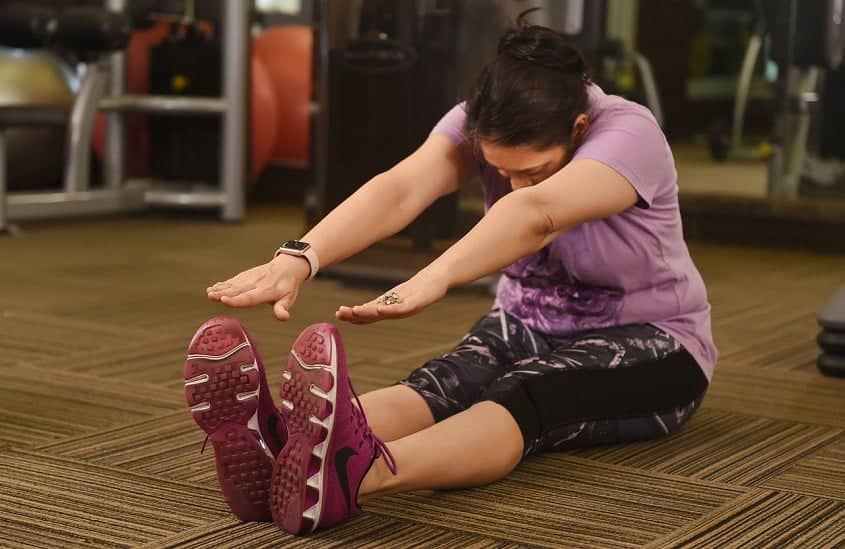Bulimia Nervosa is an eating disorder characterized by recurrent episodes of binge eating, followed by compensatory behaviors such as purging, fasting, or excessive exercise. Treatment options for bulimia nervosa include behavioral and psychological therapies, such as cognitive behavioral therapy, family-based therapy, and interpersonal psychotherapy, as well as medications, such as antidepressants and antipsychotics. Supportive therapies, such as nutrition counseling, physical activity, and support groups, can also be effective in treating bulimia nervosa. The treatment plan for bulimia nervosa is tailored to each individual’s specific needs and a combination of different treatment options is often the most effective approach. Recovery from bulimia nervosa is possible with the right support and professional help.
Behavioral and Psychological Therapies
Behavioral and psychological therapies are an important part of treatment for Bulimia Nervosa. These therapies can help individuals understand and change the negative thoughts and behaviors associated with the disorder.
Cognitive Behavioral Therapy (CBT): CBT is a widely used therapy that focuses on identifying and changing negative thoughts and behaviors. It helps individuals recognize the connection between their thoughts, feelings, and behaviors, and teaches them coping strategies to manage their symptoms.
Family-Based Therapy (FBT): FBT is a therapy that focuses on involving family members in the treatment process. It’s based on the idea that family members can play a crucial role in helping the individual to overcome their eating disorder.
Interpersonal Psychotherapy (IPT): IPT is a therapy that focuses on the individual’s relationships and social interactions. It helps individuals understand how their relationships and social interactions may be contributing to their eating disorder, and teaches them ways to improve their relationships and social interactions.
Dialectical Behavioral Therapy (DBT): DBT is a therapy that focuses on helping individuals improve their emotional regulation, interpersonal effectiveness, and mindfulness. It also includes a component of CBT and is effective in treating disorders that involve emotional dysregulation.
Medications
Medications can be an important part of the treatment for Bulimia Nervosa, particularly for individuals who also have co-occurring mental health conditions such as depression or anxiety.
Antidepressants: Antidepressant medications, such as selective serotonin reuptake inhibitors (SSRIs), can be effective in treating Bulimia Nervosa. They work by increasing the levels of certain chemicals in the brain that are thought to be associated with mood regulation. They can help individuals to reduce binge eating and purging behaviors, as well as improve mood.
Antipsychotics: Antipsychotic medications can be used in the treatment of Bulimia Nervosa to reduce symptoms such as impulsivity and compulsivity. However, they are not as commonly used as antidepressants in the treatment of this disorder.
Other medications: There are other medications that can be helpful in the treatment of Bulimia Nervosa, such as lithium, a mood stabilizer, or topiramate, an anticonvulsant medication that has been shown to reduce binge eating in some individuals with Bulimia Nervosa.
Supportive therapies
Supportive therapies can be an important part of the treatment for Bulimia Nervosa. These therapies can help individuals to improve their physical health, as well as provide them with additional support and coping strategies.
Nutrition counseling: Nutrition counseling can help individuals with Bulimia Nervosa to improve their relationship with food, learn about healthy eating habits, and develop a balanced and nutritious diet. This can help them to reduce binge eating and purging behaviors, and improve their overall physical health.
Physical activity and exercise: Physical activity and exercise can be beneficial for individuals with Bulimia Nervosa. It can help to reduce stress, improve mood, and promote overall physical health.
Support groups: Support groups can provide individuals with Bulimia Nervosa with a sense of community and a safe space to share their experiences and coping strategies with others who are going through similar experiences.




